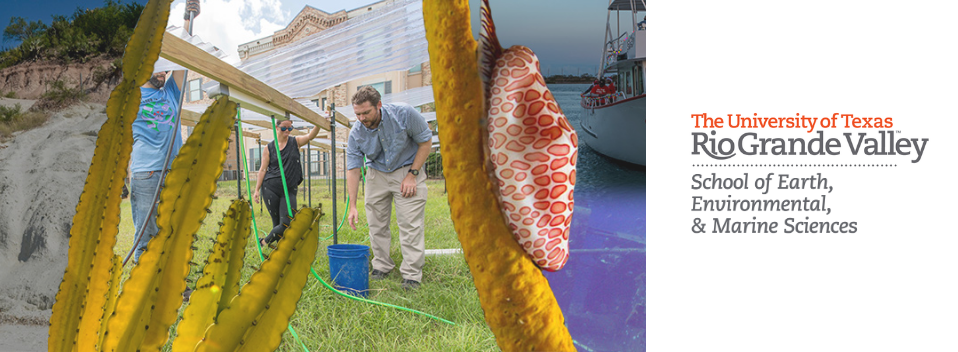
School of Earth, Environmental, & Marine Sciences Faculty Publications
Document Type
Article
Publication Date
1-2016
Abstract
Due to their position at the land-sea interface, coastal wetlands are vulnerable to many aspects of climate change. However, climate change vulnerability assessments for coastal wetlands generally focus solely on sea-level rise without considering the effects of other facets of climate change. Across the globe and in all ecosystems, macroclimatic drivers (e.g., temperature and rainfall regimes) greatly influence ecosystem structure and function. Macroclimatic drivers have been the focus of climate change-related threat evaluations for terrestrial ecosystems, but largely ignored for coastal wetlands. In some coastal wetlands, changing macroclimatic conditions are expected to result in foundation plant species replacement, which would affect the supply of certain ecosystem goods and services and could affect ecosystem resilience. As examples, we highlight several ecological transition zones where small changes in macroclimatic conditions would result in comparatively large changes in coastal wetland ecosystem structure and function. Our intent in this communication is not to minimize the importance of sea-level rise. Rather, our overarching aim is to illustrate the need to also consider macroclimatic drivers within vulnerability assessments for coastal wetlands.
Recommended Citation
Osland, Michael J., Nicholas M. Enwright, Richard H. Day, Christopher A. Gabler, Camille L. Stagg, and James B. Grace. "Beyond just sea‐level rise: Considering macroclimatic drivers within coastal wetland vulnerability assessments to climate change." Global change biology 22, no. 1 (2016): 1-11. https://doi.org/10.1111/gcb.13084
Publication Title
Global change biology
DOI
10.1111/gcb.13084


Comments
Published 2015. This article is a U.S. Government work and is in the public domain in the USA.